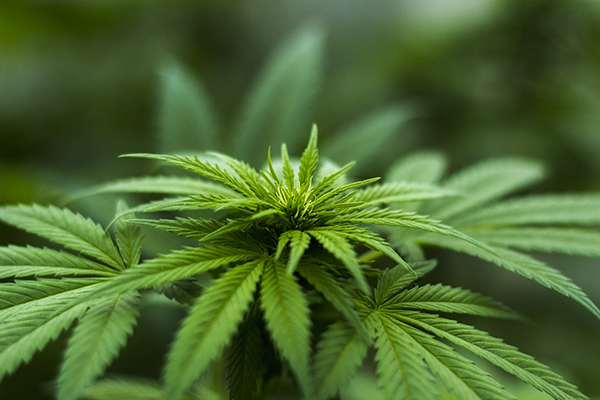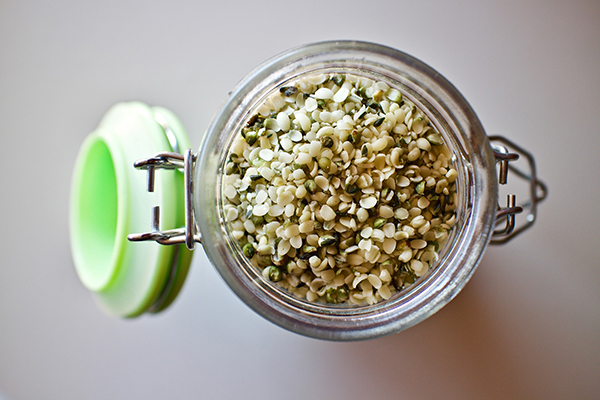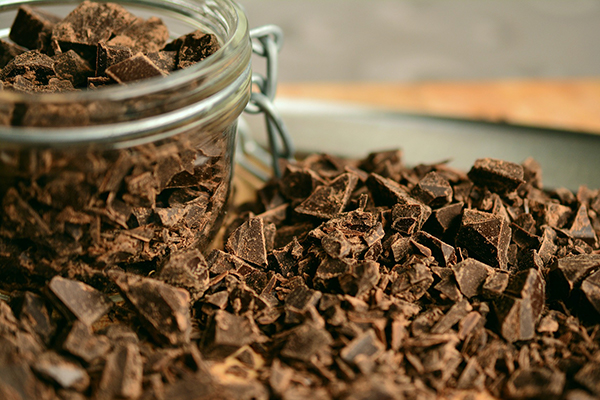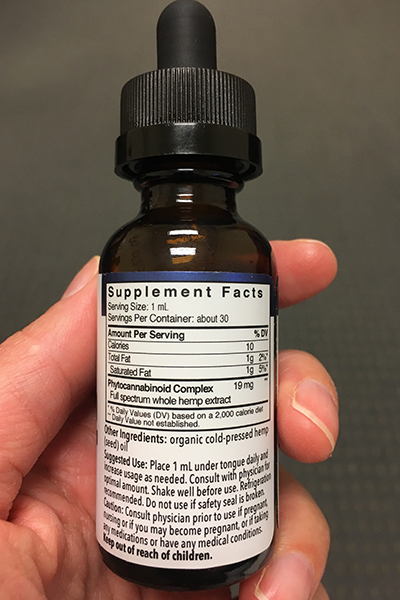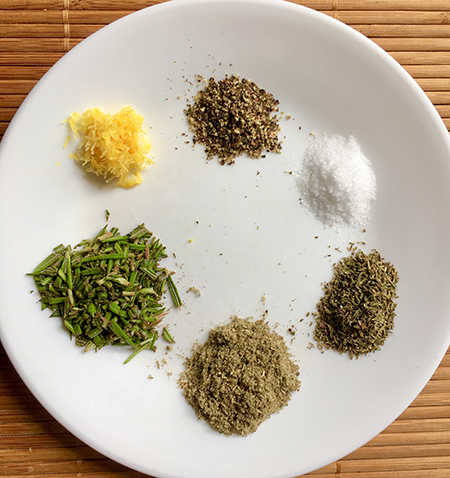In the previous blog, The Endocannabinoid System, I reviewed how the endocannabinoid system (ECS) works, what it affects and a few ways to optimize how it functions. The use of exogenous cannabinoids like CBD is one way to change how your ECS is working, and it’s a hot topic right now! Rightly so, the research is very promising. BUT, the research is also not complete.
What is CBD?
CBD, short for cannabidiol, is a naturally occurring compound in the cannabis plant. CBD is just one of the many cannabinoids in the cannabis plant. CBD, along with THC (Tetrahydrocannabinol) are the two most studied cannabinoids. But research is also showing positive benefits of some of the other cannabinoids like tetrahydrocannabinolic acid (THCA), cannabigerol (CBG), cannabinol (CBN), and many others.
CBD is found in both hemp and marijuana, which are just different cultivars of the cannabis plant. The main difference is the amount of THC. THC is the compound that provides the psychotropic effects (the “high”) many people associate with marijuana. Hemp contains less than 0.3% THC, while marijuana can contain a wide range of THC (usually around 15-18%).
Hemp Seed Oil vs. Hemp Extract
Hemp extract oil or CBD oil is made from the leaves, flowers and stalks of the hemp plant, the only parts of the plant where cannabidiol is found. Hemp seeds and hemp seed oil contain NO CBD. Hemp seeds and hemp seed oils provide healthy fats and protein, just don’t confuse them with CBD oil. You might see hemp seed oil combined with hemp extract in CBD products though. Many companies use hemp seed oil as a “carrier oil” for CBD.
Other Compounds in Hemp
Researchers are finding that it’s likely more than just the cannabinoids that have beneficial effects. Hemp also contains hundreds of other beneficial compounds like terpenes, flavonoids, vitamins, trace minerals and essential fatty acids.
Terpenes are compounds that give plants their unique scent. Hemp contains many different terpenes including:
- Limonene (also in lemons) is thought to contribute to hemp’s anxiety reducing benefit
- Linalool (also in lavender) is thought to help reduce pain sensation
- Beta-caryophyllene (also in many spices and leafy greens) is thought to contribute to hemp’s benefits with GI conditions among many other actions
Flavonoids are compounds that give plants color. Hemp contains around 20 different flavonoids including:
- Kaempferol (also found in many foods including tea, apples, and broccoli) has powerful antioxidant and anti-inflammatory benefits, also anti-microbial actions
- Luteolin (also found in carrots, cabbage, tea and many other foods) has cardio protective, antioxidant and anti-inflammatory benefits
- Quercetin (also found in berries, onions, kale and other foods) has antioxidant, anti-inflammatory, anti-viral benefits and may help lower blood pressure
Researchers are finding that all these compounds work better together (cannabinoids + terpenes + flavonoids) to create a more enhanced list of benefits than any one component alone. This is being dubbed the “entourage effect” and is why full spectrum hemp products are thought to be more effective than a CBD isolate.
Other Sources of Phytocannabinoids
Cannabis isn’t the only plant to contain phytocannabinoids (cannabinoids from a plant source). Many herbs, spices and even some foods contain phytocannabinoids like:
- Rosemary, thyme, black pepper, cinnamon, cloves, turmeric, echinacea, kava
- Green tea
- Chocolate contains multiple compounds that act as cannabinoids. The darker the chocolate the higher the amount!
What CBD Might Be Helpful For
CBD has been shown to have analgesic, antianxiety, neuroprotective, antidepressant, anti-inflammatory, antiseizure, and anti-nausea effects.
Research is showing good results using CBD for Irritable Bowel Syndrome (IBS), Inflammatory Bowel Disease (IBD), nausea, pain, anxiety and insomnia. CBD might also be helpful for blood sugar control, bone health as well some skin conditions like acne and psoriasis. CBD is a potent anti-inflammatory, which is why it is helpful for so many different conditions.
Very high dose CBD has been shown to be helpful in the management of seizures. There is now a CBD isolate prescription medication called Epidiolex that has been FDA approved for the treatment of two specific types of seizure disorders. Obviously, no one should take high dose CBD without consulting with their healthcare provider.
#CBD is a molecule, not a miracle. #cannabis #saslife Click To TweetHow to Choose a CBD Product
As with any supplement, you MUST make sure to get a high-quality product. Studies have found that almost 70% of available CBD products were mislabeled and some contained NO CBD at all!
Hemp is a “bioaccumulator,” which means that the root systems take up whatever is in the soil. Hemp has been used to clean up soil on toxic sites for decades. When evaluating a CBD product, follow these guidelines:
- Make sure the product is organic and has been tested for toxins.
- Ensure that clean extraction practices are used. The two most common are CO2 and solvent based (using ethane, butane, etc.) extraction.
- CO2 extraction: Most experts agree that CO2 extraction is the best, but some argue that this pulls out some of the beneficial plant compounds (waxes and lipids).
- Solvent Based Extraction: Ethanol extraction can be done safely (with all the ethanol pulled off), but very few companies are doing this, so look mostly for CO2 extraction. If it is solvent extracted, make sure the final product is tested for traces of the solvent.
- Look for full spectrum hemp products, meaning they contain all the cannabinoids, terpenes, flavonoids, etc. These have been shown to provide more benefits than isolated CBD products. Broad Spectrum is also another good option if the small amount of THC is a concern. “Broad Spectrum” typically means the products have all the cannabinoids EXCEPT THC. They still provide a good effect, but not as good as full spectrum. Full spectrum hemp extract should have a greenish/brownish color.
- The product should be third party tested (every batch!) to ensure CBD content without contaminants. The product should be at least tested for residual solvents, heavy metals, pesticides, bacteria, yeast and mold. Products grown and processed in the U.S. would add another layer of reliability as well.
- Avoid synthetic CBD products! They can have very dangerous side effects such as seizures, confusion, loss of consciousness and death.
There are different types of CBD products, but the most common are tinctures, capsules or edibles.
- Tinctures or capsules tend to work well for most. Note that many tinctures list the CBD amount PER BOTTLE not per dose on the front.
- Some research is showing that topical applications might have local effects (joint pain, skin conditions, etc.).
- For edibles, really pay attention to ingredients! Watch out for artificial colors, preservatives and high sugar content that may negate some of the benefits you are hoping for.
Also, know that good quality CBD oil products are not cheap.
How Much Should I Take?
The amount will vary for each individual depending on metabolism, health factors and how cannabinoid receptors are uniquely clustered in your body. For some, only a small amount is needed to achieve optimal results, for others a higher amount may be needed. Some are simply “poor responders”, meaning that it may just not work for you.
Check with your healthcare provider before starting any CBD product. CBD is considered to be “biphasic”, meaning that it can have different affects at different amounts, so it is important to work with your healthcare provider to determine what is right for you.
Are There Contraindications or Interactions to Consider?
CBD is a potent inhibitor of certain “detoxing” enzymes in the liver (CYP3A4 and CYP2D6, part of the P450 enzyme system). CBD may increase serum concentrations of drugs that are also metabolized through this pathway (macrolides, calcium channel blockers, benzodiazepines, cyclosporine, sildenafil, antihistamines, haloperidol, antiretrovirals and some statins (atorvastatin and simvastatin), also SSRI’s, tricyclic antidepressants, antipsychotics, beta blockers and opioids). CBD may increase warfarin levels.
If you’ve been told to avoid grapefruit juice because of medication you are taking, CBD will also impact your medications.
This is why it’s important to talk to your healthcare provider first before using any CBD product.
A few common side effects have been reported in some including tiredness, diarrhea and changes in appetite.
Where to Purchase CBD/Hemp Extract
In general, here are some quality brands to consider. You WILL respond differently to different brands because they are going to be different ratios of all the different cannabinoids depending on where it is grown and the growing conditions.
Keep in mind that research on CBD use is in its infancy. It appears that CBD, or full spectrum hemp extract can be helpful for many symptoms. Is there any down regulation of the receptors to daily high intake (would you need to keep increasing your dose for the same response)? What are the long-term effects of taking daily CBD? We currently don’t know since the long-term use isn’t well researched, especially isolated CBD.
Stay tuned though, since there are currently 191 studies on cannabidol (just in the US) in the works right now!
“CBD is a molecule, not a miracle” - projectcbd.org
Resources:
- An Update on Safety and Side Effects of Cannabidiol
- Cannabinoid Receptors and the Endocannabinoid System
- Phytocannabinoids Beyond Cannabis
- Endocannabinoid System of the Skin
High Cannabinoid Spice Blend
From PrimalPalate.com
PRINT RECIPE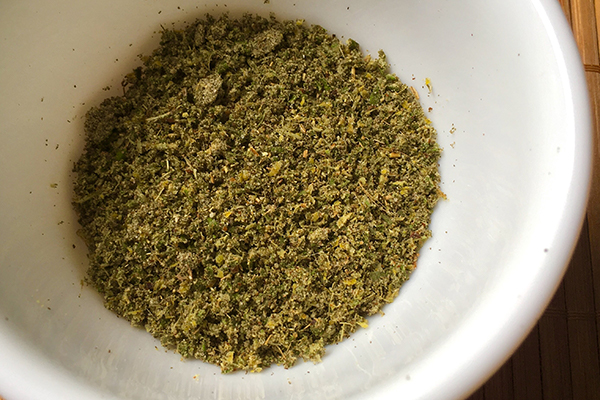
This versatile spice mixture is super delicious on baked chicken, but is also great on other meats or vegetables.
Ingredients
2 Tablespoons dried rosemary (I used fresh)
1 Tablespoon dried sage
1 Tablespoon dried thyme
1 teaspoon sea salt
1 teaspoon ground black pepper
¼ teaspoon lemon zest
Directions
- Mix all ingredients together. For a finer texture grind with mortal and pestle or in a spice or coffee grinder.
- Store in an airtight container.
